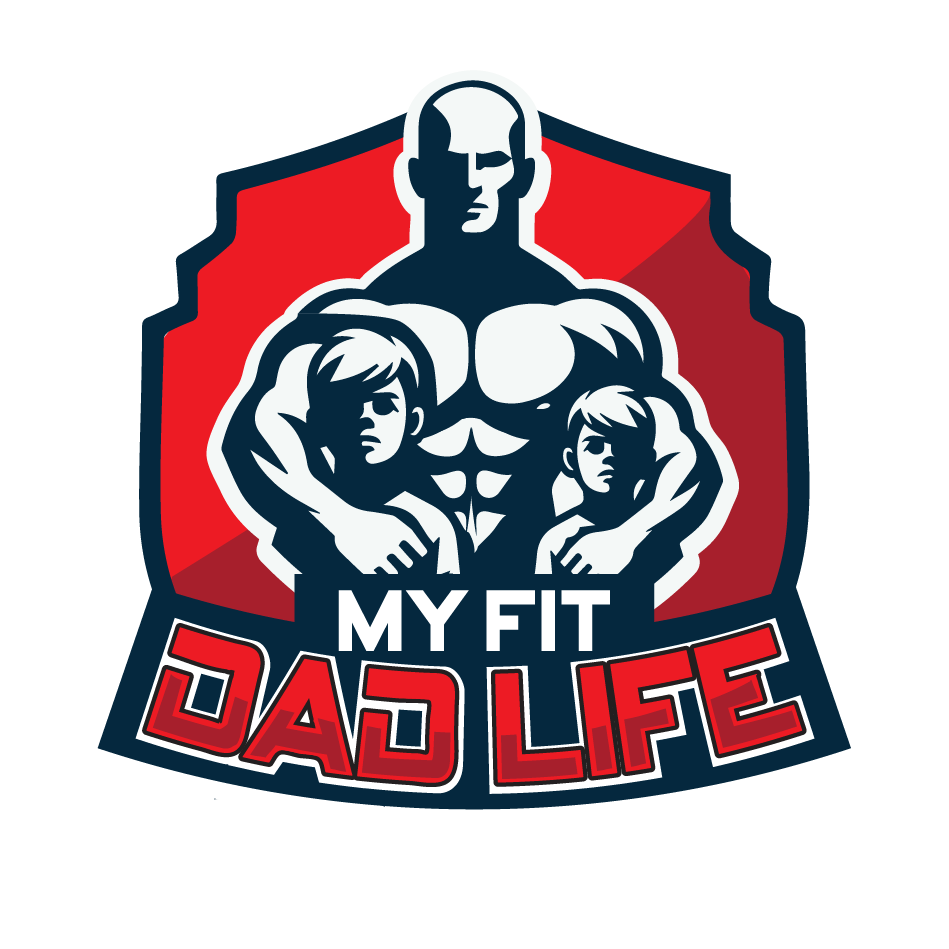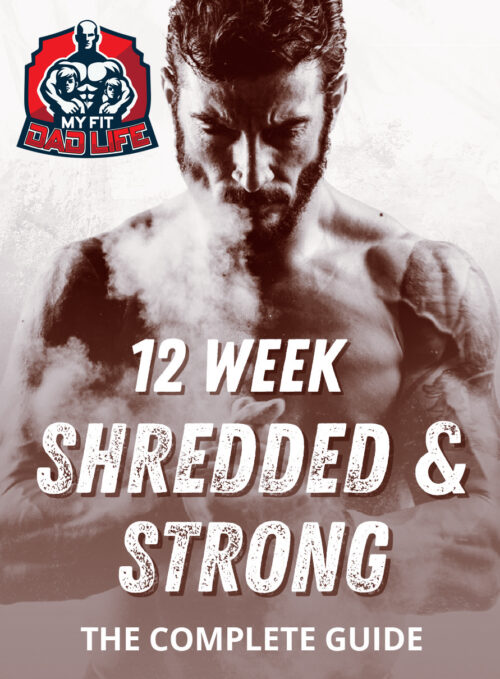Hydration is one of the most overlooked aspects of health and performance, yet it plays a critical role in nearly every function of the body. One of the most common questions in the gym is “How Much Water Should I Drink?”—and if you’re not asking it, you probably should be. Proper hydration isn’t just about drinking enough water; it also involves electrolyte balance, including sodium, potassium, and essential amino acids (EAAs) to optimize performance and overall well-being.
General Water Intake Guidelines
According to the Institute of Medicine, the recommended daily fluid intake is:
- Men: ~3 liters (about 13 cups) per day
- Women: ~2.2 liters (about 9 cups) per day
However, these numbers are just a baseline. Your actual water needs vary based on factors such as activity level, climate, and individual physiology. Hydration is not just about replacing lost fluids; it is about maintaining the right electrolyte balance to ensure proper muscle function, circulation, and cellular hydration.
Water Loss and When You Need More
Your body loses water through breathing, sweating, urine, and bowel movements, meaning you need to replace those losses daily. Certain situations require increased fluid intake:
- Exercise – Physical activity increases water loss through sweat. A good rule of thumb is to add at least three extra cups of water for shorter workouts and more for extended or high-intensity training. Hydrating before, during, and after exercise is key, and in longer sessions, replenishing electrolytes is just as important as the water itself.
- Illness – Fevers, vomiting, and diarrhea cause excessive fluid loss. Drinking more water and replenishing electrolytes can help prevent dehydration and aid in recovery.
- Hot or Dry Climates – Living in hot, humid, or high-altitude environments increases water loss. Higher temperatures cause increased sweating, requiring more fluids and sodium to maintain balance.
- Pregnancy & Breastfeeding – Women who are pregnant or breastfeeding have higher fluid demands. The Institute of Medicine recommends 2.3 liters (10 cups) per day for pregnant women and 3.1 liters (13 cups) for breastfeeding women.
The Role of Sodium and Electrolytes in Hydration
Drinking water alone isn’t always enough for proper hydration. Sodium, potassium, and magnesium are critical electrolytes that help regulate fluid balance, nerve function, and muscle contractions.
- Sodium plays a key role in retaining water and maintaining blood pressure. For those who sweat heavily or exercise regularly, increasing sodium intake may be necessary to prevent symptoms like muscle cramps, fatigue, and dizziness. Many modern recommendations suggest reducing sodium intake, but for active individuals, too little sodium can be just as problematic as too much.
- Electrolytes like potassium and magnesium help maintain proper nerve signaling and muscle contraction. If you consume large amounts of water without replenishing electrolytes, you risk diluting sodium levels, leading to a condition called hyponatremia, which can cause weakness, confusion, and in severe cases, serious health risks.
- Essential Amino Acids (EAAs) can also aid hydration by improving muscle repair, reducing fatigue, and assisting with fluid retention in muscle cells. EAAs mixed with water and electrolytes can be a valuable tool for hydration during prolonged or intense training sessions.
How to Know If You’re Hydrated
A simple way to gauge hydration status is by monitoring thirst and urine color:
- Well-hydrated: Clear or light yellow urine, no excessive thirst
- Mild dehydration: Darker yellow urine, some fatigue, occasional headaches
- Severe dehydration: Very dark urine, dizziness, muscle cramps, low energy, and persistent thirst
If you find yourself constantly thirsty, experiencing muscle cramps, or feeling fatigued despite drinking water, you may not be consuming enough sodium and other electrolytes to retain proper hydration levels.
Can You Drink Too Much Water?
Drinking excessive amounts of water without balancing electrolytes can dilute sodium levels in the blood, leading to hyponatremia. This condition is rare but can be dangerous, especially in endurance athletes who drink excessive fluids without replenishing sodium. The key is to focus on hydration balance, not just water intake.
Final Thoughts on Hydration
There is no one-size-fits-all approach to hydration. Drinking enough water is important, but electrolytes and sodium intake matter just as much, especially for those who are active, live in hot climates, or sweat heavily. Hydration should be tailored to your lifestyle and training demands to ensure optimal performance, energy, and overall health.
For those serious about training and performance, consider incorporating electrolytes, sodium, and EAAs into your hydration strategy to ensure you are fueling your body effectively.









Well, this is some write up on water intake. Also, water have many other benefits too. Like, it helps in keeping our skin color clean, helps in maintaining your body levels and more.
Thanks for sharing this wonderful article.